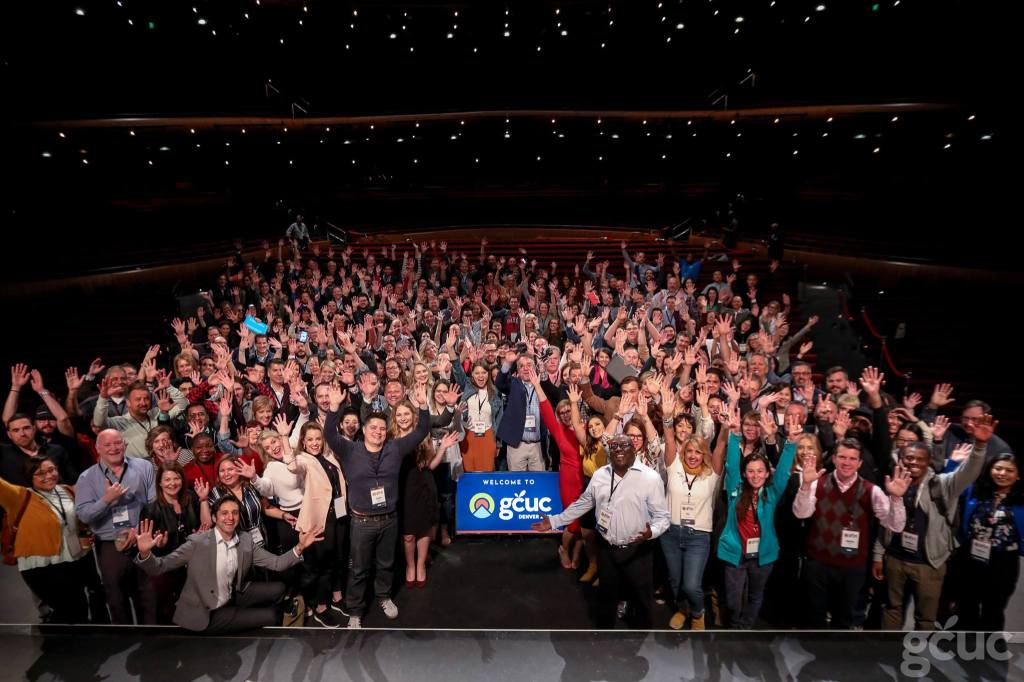GCUC Recap
Coworking Conference Insights
Last month, Yardi Kube was introduced to the coworking world at the Global Coworking Unconference Conference (GCUC). The U.S. edition of the annual event was held in Denver from April 15-18. This popular coworking industry gathering provides attendees with extensive in-depth sessions with experts in the coworking space, educating them on financing, technology, community building, […]

